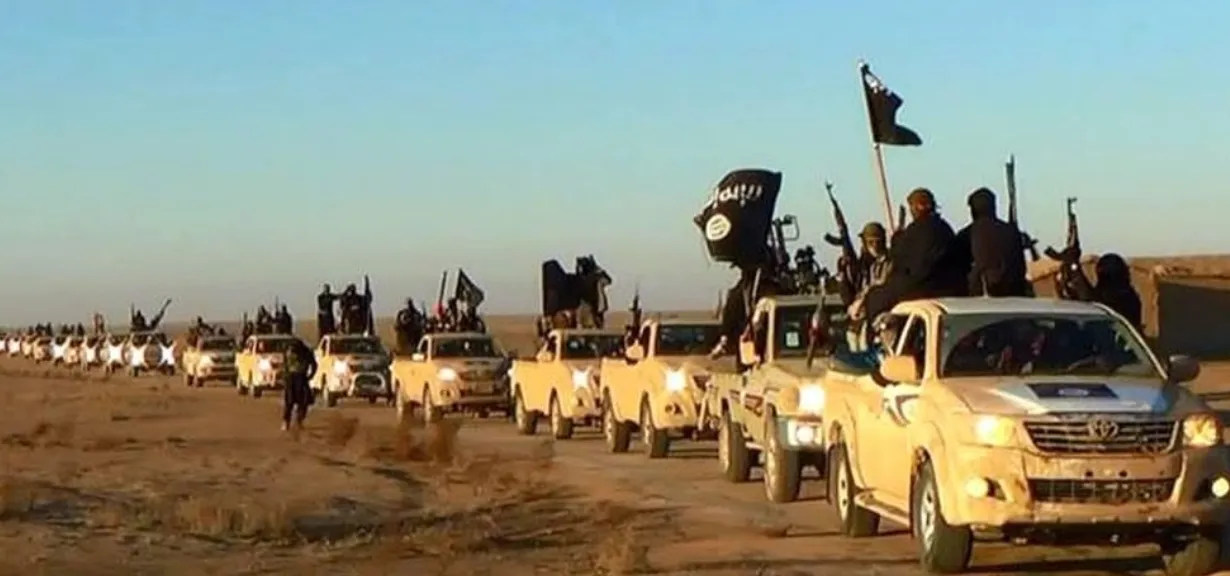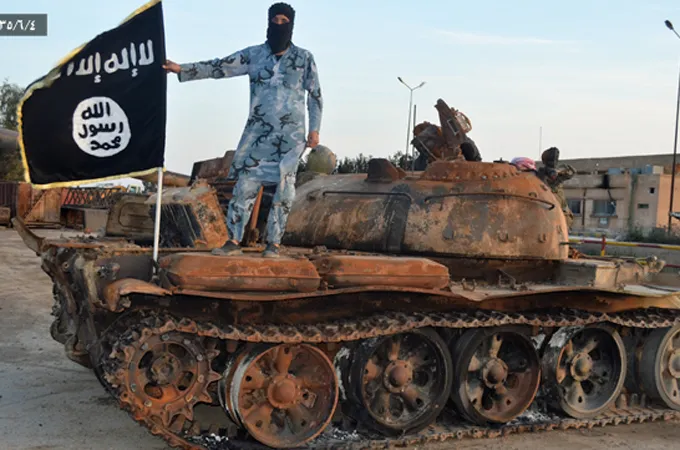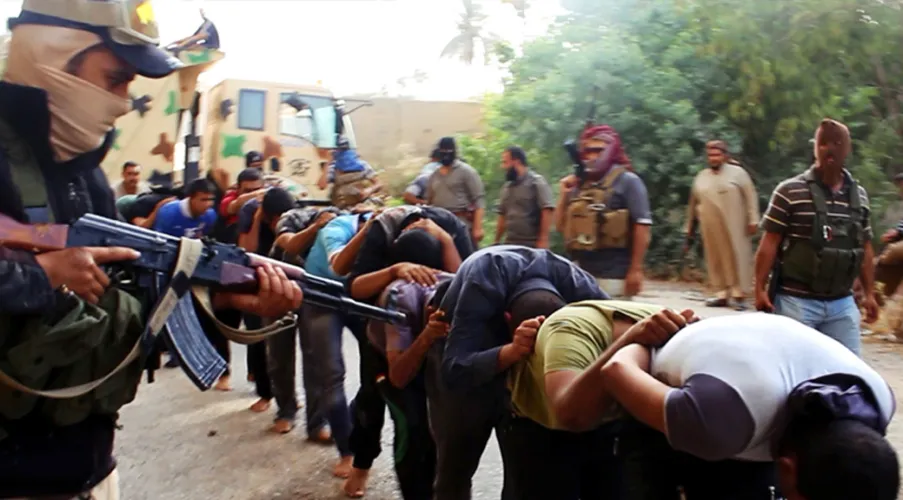Table of Contents
What do San Marino, the Marshall Islands, Tonga, Grenada, Dominica, and Nauru have in common?
ISIS is wealthier than all of them.
These countries, among others, are significantly poorer than the world’s richest terrorist organization, which is now estimated to have $2 billion in funds.
The Islamic extremist group, ISIS, is not the grassroots band of guerilla fighters that many picture it to be, but instead a well-oiled operation that is raking in up to $2 million a day engaging in very profitable industries to fund its terrorist ventures. Therefore, it is our duty and in our best interest to cut off ISIS’s funding supplies and destroy the organization.
How did ISIS rise to power and wealth so quickly? The Obama administration’s single-minded focus to get out of Iraq and then claim “victory” is what contributed to this situation. The enemy always has a vote, and we do not have the luxury of getting to decide when a war is won. ISIS used the opportunity presented by the withdrawal of US Forces to cast a wide net of control over Iraq. The failure of the United States to establish a competent fighting force before pulling out left a vacuum for ISIS to fill. A large portion of ISIS’s wealth comes from its operations within the territories it has overtaken. Using violence and intimidation, ISIS fighters can force money from villagers in controlled areas for any reason. Everything and anything can be taxed –money withdrawals, business transactions, driving down a road. Looting and stealing is another effective means for funding their operations. During the Northern Iraq Offensive in June, ISIS captured the city of Mosul and robbed the central bank and smaller district banks. It was reported that they stole $425 million from the central bank alone. The combined revenue from these taxes and illegal activities within the territories ISIS is controlling makes up the majority of the funds that keep the group running.
Many of ISIS’s methods of funding are unprecedented. Unlike any other terrorist group in the history, it receives much of its revenue in donations from wealthy sympathizers in Kuwait, Qatar, and Saudi Arabia. As James Stavridis, former U.S. Navy Admiral and NATO Supreme commander, put it: “These rich Arabs are like what angel investors are to tech start-ups, except they are interested in starting up groups who want to stir up hatred.” For the donors in Kuwait, there exists a distinctive twist of irony: In 1990, the U.S. helped free Kuwait from Saddam Hussein’s control, and now Kuwait is funding Hussein’s successors. Patrons in Kuwait collect donations from donors in other countries and then money is sent through Turkey or Jordan directly to ISIS in Syria. As ISIS’s actions have become more dangerous, pressure on these Arab Gulf States has led their governments to try to pass laws to stop the funding of the group, but they have been largely unsuccessful. David Phillips, a former senior advisor to the State Department on Iraq, stated to NBC news that “wealthy Arabs are playing a dirty double game…their governments claim to oppose ISIS while individuals continue funding terrorist activities.”
For months, ISIS was accumulating most of its money through oil-smuggling. As ISIS took over more territory in Northern Iraq and Northern Syria, it gained access to oil reserves that it smuggled into eager hands in Turkey and Kurdistan. The growing outcry against ISIS’s injustices, particularly the online-released videos of the beheadings of Western journalists and aid-workers, prompted the Turkish and Kurdish governments to crack down on the influx of ISIS oil into their borders. U.S. airstrikes in early October have also impeded the group’s oil operations, damaging a great deal of its network. In August, ISIS was producing approximately 70,000 barrels daily; that number has fallen to 20,000 barrels of daily production.
Although the U.S. and coalition air strikes have diminished ISIS’s oil-producing capabilities for now, they will continue to thrive off extorting the people that they have complete control over. As long as ISIS has territory, experts say that it will continue to be a progressing and self-financing terrorist organization.
What do we do moving forward? The bottom-line is that ISIS must be destroyed, despite many claiming that it is not our fight to be involved in. On the contrary, ISIS has brought the fight right to our front door. No one should be able to smugly and sneeringly behead an American citizen and not pay a most severe price. ISIS must be destroyed, unequivocally, not just to eradicate them as a threat, but to send a message to all potential terrorist adversaries. We are viewed as a nation in decline by much of the world as a result of how we have been responding to threats; let’s change this. History has shown that men only respect force. It is nice to be loved and respected, but it is very convenient to be feared. Love and respect are fleeting.
One key note is that our strategy against ISIS has to be more than military. We must use everything in our power – diplomatic, economic, social – to bring ISIS down. Military force is but one tool. Crucial to defeating ISIS is building a stronger relationship with the new Iraq government and its military, through a training program most ideally. The U.S. needs to continue supporting the Kurdish peshmerga forces, as they are our closest allies in the region after the Israelis.
Unfortunately, our problem with ISIS is not going to be a short-term situation. As President Obama remarked, ISIS will be a “long-term campaign” but a necessary one because ISIS “poses a threat to the people of Iraq and Syria” and “ultimately it will pose a threat beyond the Middle East.” The U.S. and its allies need to continue their assault on ISIS’s funding to bring the organization to its knees. Our airstrikes have been successful in targeting their oil production, but now we need to focus on taking away the territory they have gained control of in order to cut off the revenue they generate.
How is ISIS making its millions? All too quickly.







